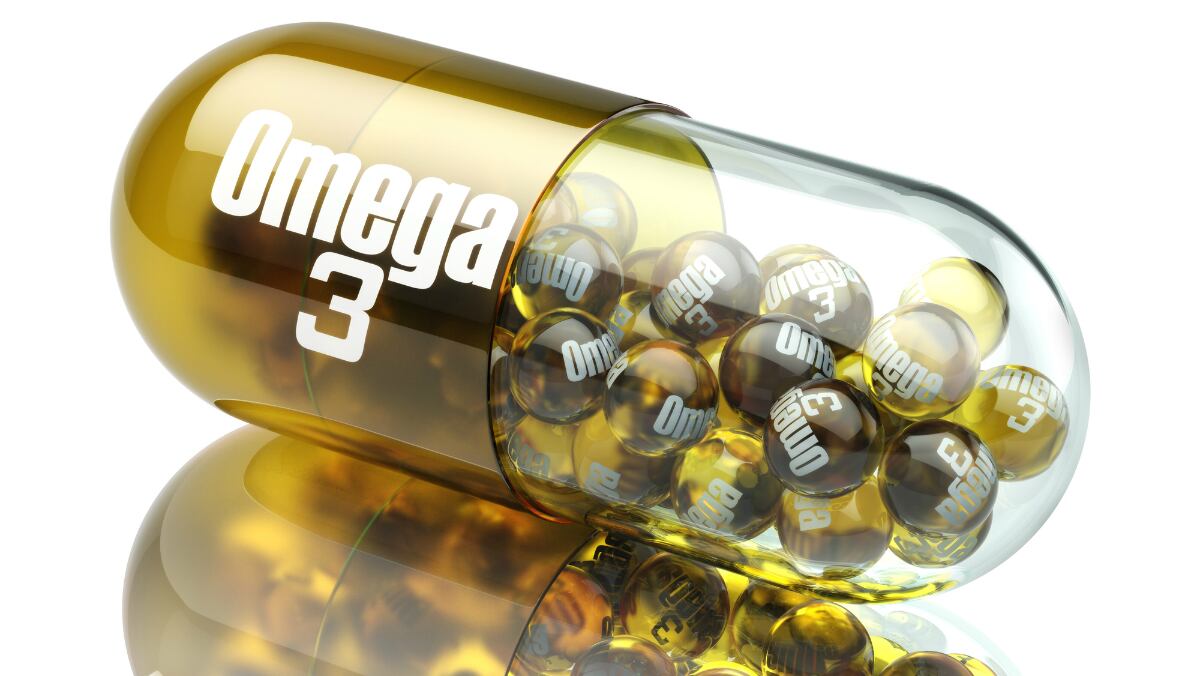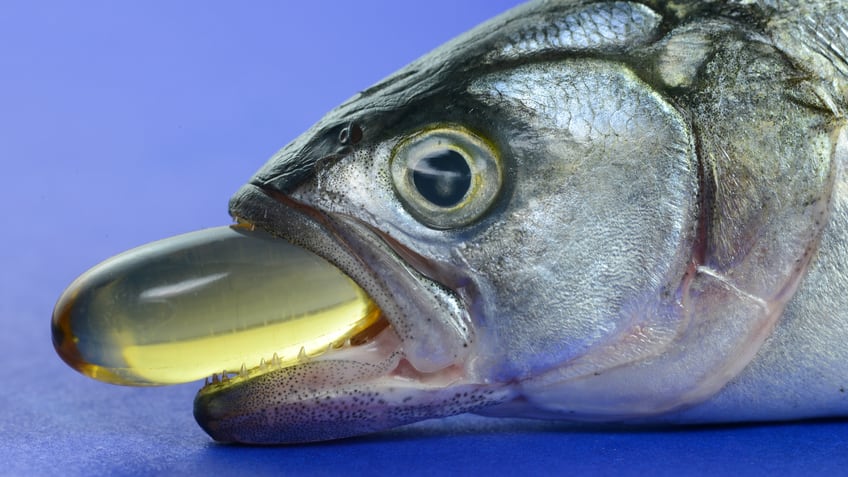Researchers from Iran's Kashan University of Medical Sciences conducted a double-blind RCT to assess the impact of omega-3 and vitamin E co-supplementation on inflammatory factors and carotid intima-media thickness (CIMT) in PCOS patients; CIMT is the measurement of the thickness of the two innermost layers of the arterial wall.
NO significant impact?
They recruited 60 women with PCOS, aged between 18 and 40 years, and randomly assigned them to two groups: each participant in one group had to take 1g of omega-3 and 400 IU of vitamin E supplements daily for 12 weeks, while participants in the other were given an equivalent amount of placebo for the same period.
Fasting blood samples were collected from the participants at baseline and after the 12-week intervention period.
After 12 weeks, the researchers reported no significant differences between the two groups in terms of mean weight and BMI and baseline and at the end of the study.
There was, however, significant reduction in maximum left CIMT levels, mean left CIMT levels, maximum right CIMT levels, and mean right CIMT levels in the intervention group, as compared to the placebo group.
Changes in high-sensitivity C-reactive protein (hs-CRP) were also markedly different between the two groups, but the researchers also reported no significant difference in plasma nitric oxide (NO) values.
This was despite the difference in baseline NO levels between the two groups. In addition, after adjusting the analysis for baseline values of biochemical parameters, age and BMI, the mean right CIMT levels became insignificant, though other findings remained the same.
Something fishy?
The researchers noted that the findings of the current study were inconsistent with those of previous studies that had examined the impact of omega-3 and / or vitamin E supplementation on carotid and coronary atherosclerosis, "as well as a recent meta-analysis of the effects of omega-3 fatty acids on clinical outcomes".
Furthermore, a two-year study on the effects of daily vitamin E supplementation (1,200 IU) in coronary artery disease patients reported lowered parameters of inflammation and oxidative stress, but no significant effect on CIMT levels.
However, the researchers added: "It must be kept in mind that beneficial effects of omega-3 fatty acids or vitamin E on CIMT in most previous studies were observed after six months, while in our study, the beneficial effects of omega-3 and vitamin E co-supplementation on CIMT were seen after three months.
"This may due to co-supplementation working better than single supplementation. However, data on cardiovascular disease events in women with PCOS are limited, but a recent meta-analysis demonstrated that women with PCOS had twice the relative risk of cardiovascular disease or stroke than control patients.
"In a meta-analysis study, CIMT artery in women with PCOS was significantly higher than healthy women."
They also alluded to several studies that supported their findings, including one that reported that 2g of omega-3 supplementation daily significantly improved endothelial function and lowered pro-inflammatory markers in the offspring of patients with type 2 diabetes for 12 weeks.
A meta-analysis had reported that supplementation with marine-derived omega-3 lowered CRP, while another study showed similar effects in coronary heart disease patients after three weeks of vitamin E supplementation (200mg/day).
Limitations and conclusions
The researchers stated that the study had funding limitations that prevented them from assessing the effects of omega-3 and vitamin E co-supplementation on the measurements of fatty acid profiles and vitamin E.
The short intervention period was also a limitation, as a longer study might have found better changes in mean CIMT levels.
In conclusion, they wrote: "Co-supplementation with omega-3 and vitamin E for 12 weeks in patients with PCOS had beneficial effects on CIMT and serum hs-CRP concentration, but unchanged NO values."
Source: Oman Medical Journal
https://dx.doi.org/10.5001%2Fomj.2018.88
"The Effects of Omega-3 and Vitamin E Co-supplementation on Carotid Intimamedia Thickness and Inflammatory Factors in Patients with Polycystic Ovary Syndrome"
Authors: Hamid Reza Talari, et al.



